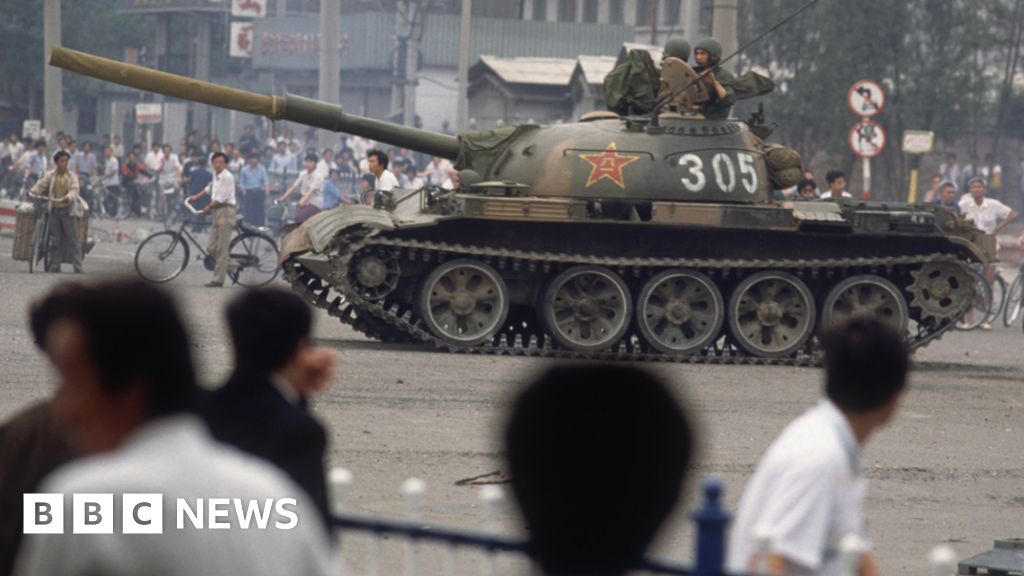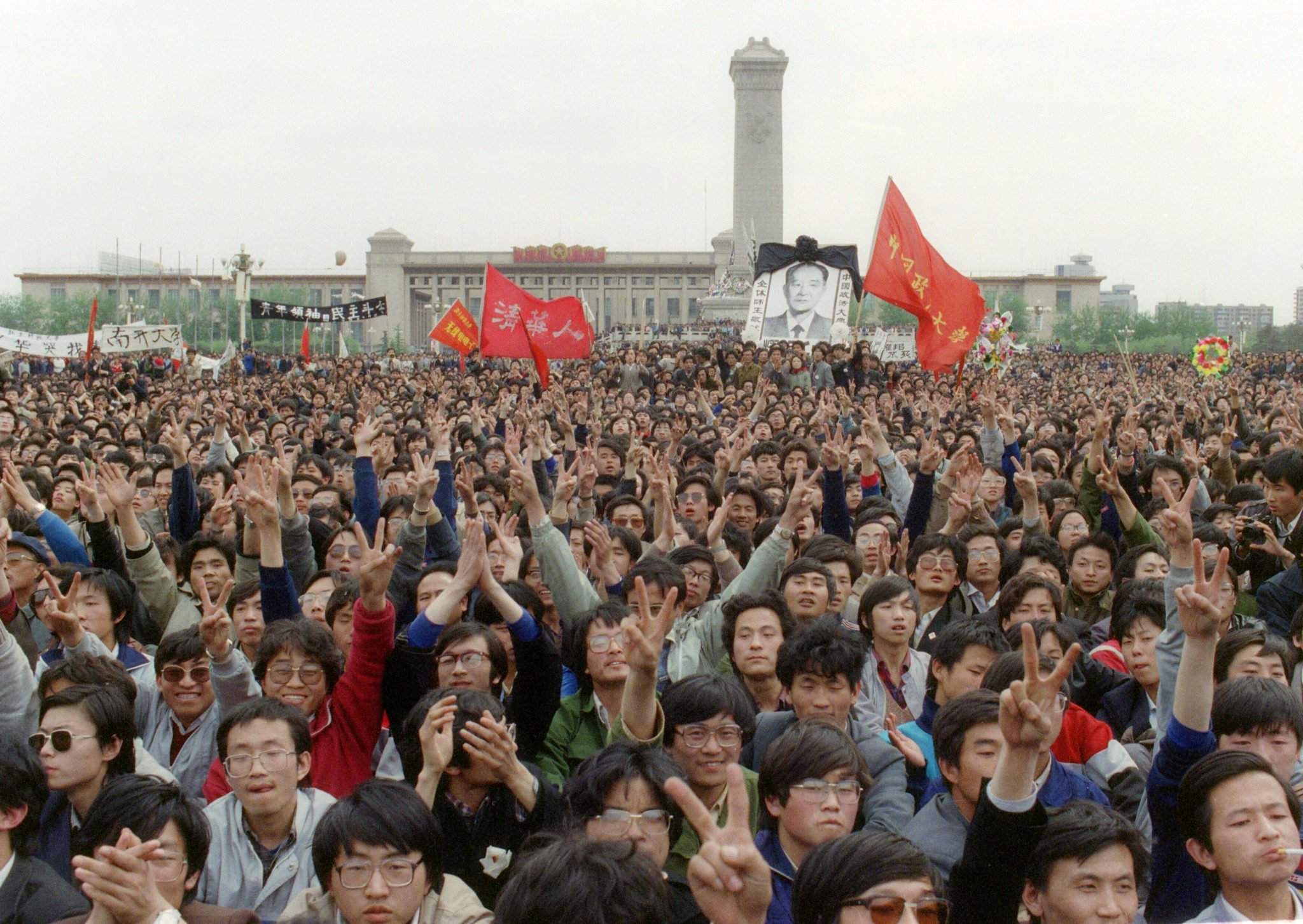
Most Chinese who remember the demonstrations in their cities, including Zhou’s sister Guoyun, will not “talk about politics”.ĭemonstrators march in Shanghai. The authorities launched a media blackout after the clampdown. What remains today is an incomplete history of these protests, pieced together by witness accounts and scant details in government reports.

By 9 June, most had petered out or were shut down by police. Between 5 and 8 June, as news of the violence in Beijing spread, the government received reports of demonstrations in 181 cities, including all provincial capitals, major cities and economic zones. Protests were reported in 341 Chinese cities between April and June 1989, according to The Tiananmen Papers, a collection of leaked government documents. That’s what made it much more frightening to the government and one reason why it needed to have a show of force,” said Jonathan Unger, a sociologist at Australian National University, who edited the 1991 book The Pro-Democracy Protests in China: Reports from the Provinces. Their legacy remains today, as authorities go to lengths to ensure such demonstrations don’t happen again.
#1989 tiananmen square video crack#
These lesser-known student movements contributed to the government’s ultimate decision to crack down in Tiananmen Square. Perhaps at even greater risk of being forgotten are the pro-democracy protests that took place in more than 300 Chinese cities at the time. The authorities punish those who try to commemorate the event, and relatives of the victims who died during the massacre are barred from openly mourning their loved ones. ‘June 4’, as the movement is commonly known as in China, remains largely scrubbed from official history and is censored from school text books and online. Thirty years on, the Chinese authorities continue to view the Tiananmen protests as one of the most sensitive and taboo subjects. The actual number of deaths from the crackdown remains unknown, but it is believed the Chinese army killed at least 10,000 people, according to a secret diplomatic cable from the British ambassador to Beijing. On 5 June, an unidentified young man stood in front of a tank convoy leaving Tiananmen Square, in a final act of defiance. Some forty workers who went to plead with the soldiers were shot. Armoured cars and tanks smashed through the citizens’ barricades. In the early hours of 4 June, Chinese troops launched a two-pronged attack with orders to put down the protests. Troops moved in, but were blocked by the civilians and demonstrations continued. On 20 May, martial law was declared in parts of Beijing. The protests forced the cancellation of the welcoming ceremony. On 13 May, just two days before the arrival of Soviet leader, Mikhail Gorbachev for a state visit, hundreds of students began a hunger strike in Tiananmen Square. The next day, tens of thousands of students in Beijing staged a demonstration to protest against the editorial. On 26 April, an editorial in the Communist Party’s People’s Daily denounced the student demonstrations as a ‘premeditated and organised conspiracy and turmoil’.

The demonstrations spread to hundreds of cities. They called for greater freedom of speech, economic freedoms and curbs on corruption. Two days after his death, on 17 April, several hundred students marched to Tiananmen Square and laid a wreath to him. In April 1989, popular Chinese reformist leader Hu Yaobang died. Even if he made a mistake, he didn’t deserve death.” “He just wanted to see the crowds,” said Tang, who has for years been placed under heavy surveillance for her efforts. He never expressed interest in the issues the students were demonstrating over – government corruption, democratic reforms, or freedoms. Tang is emphatic that her son, whom the police accused of being a “counter-revolutionary”, an imprisonable offence at the time, had nothing to do with the protests.

After 11 years of constant trips to the police and the local court, Tang was given a photo by police of her son’s body, his face bruised and his nose covered in blood. The police never explained how Zhou died in their custody. As she recalls it, her father’s hair turned white overnight. “It was a sleepless night,” she told the Observer. Zhou’s sister, Guoyun, who was 20 at the time, remembers her parents sobbing in the next room. After two months, they received confirmation he had died. After a few days, the family learned he had been detained by police. Amid the chaos, Tang went looking for her son, talking to his former classmates and their relatives.


 0 kommentar(er)
0 kommentar(er)
